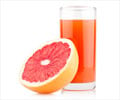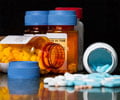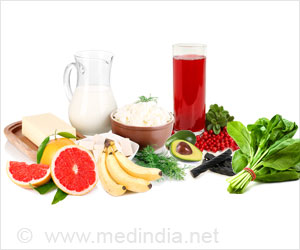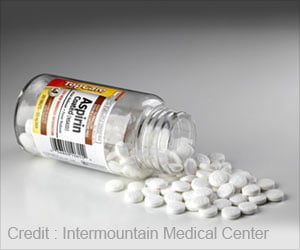Combining certain foods with medications can cause severe, even life-threatening, complications. Learn which combinations to avoid to ensure medication safety and effectiveness.
- Grapefruit can elevate drug levels, causing toxicity
- Leafy greens can counteract blood thinners like Warfarin
- Dairy products can reduce antibiotic effectiveness
Food-Drug Interactions
Go to source):
Combining grapefruit with statins can lead to serious side effects, primarily increasing the risk of muscle damage. #medindia #druginteractions’
Grapefruit and Various Medications
Grapefruit and its juice can significantly elevate the levels of certain drugs in your bloodstream. This happens because grapefruit inhibits enzymes in the liver and intestines that break down these medications. Increased drug concentrations can lead to severe side effects and toxicity. Avoid grapefruit if you are taking:- Statins
- Calcium channel blockers
- Psychiatric medications
- Immunosuppressants
- Antiarrhythmic drugs
Leafy Greens and Blood Thinners
If you are taking Warfarin, avoid leafy greens like spinach, kale, and broccoli. These vegetables are high in vitamin K, which is crucial for blood clotting. Warfarin works by inhibiting vitamin K activity, reducing the blood’s ability to clot. Consuming large amounts of vitamin K can counteract Warfarin, making it less effective and increasing the risk of blood clots. This interaction can raise the risk of stroke or thromboembolism and reduce Warfarin's effectiveness, necessitating dosage adjustments.Potential side effects: Increased risk of stroke or thromboembolism, reduced effectiveness of Warfarin.
Dairy Products and Antibiotics
Avoid consuming dairy products like milk and yogurt immediately before or after taking antibiotics such as:- Tetracyclines
- Fluoroquinolones
Potential side effects: Incomplete treatment of infections, and increased risk of bacterial resistance.
Alcohol and Various Medications
Alcohol can interact with the following medications:- Pain relievers
- Antidepressants
- Antihistamines
- Diabetes medications
- Blood pressure medications
Potential side effects: Liver damage, hypoglycemia, severe drops in blood pressure.
Bananas and Blood Pressure Drugs
ACE inhibitors like lisinopril and enalapril, as well as angiotensin II receptor blockers, can have altered effects when consumed with bananas. Bananas are high in potassium, and these medications increase potassium levels in the blood by reducing its excretion through the kidneys. Excessive potassium intake can lead to hyperkalemia.Medications to avoid with bananas:
- ACE inhibitors (e.g., lisinopril, enalapril)
- Angiotensin II receptor blockers (ARBs)
Chocolate and Nervous System Disorder Medications
Avoid chocolate. If you are taking monoamine oxidase inhibitors (MAOIs) like:- Phenelzine
- Tranylcypromine
Potential side effects: Severe headaches, risk of stroke or heart attack, acute hypertensive crisis requiring emergency treatment.
Green Tea and Anticoagulants
Green tea contains vitamin K, which can interfere with the anticoagulant effects of Warfarin. Compounds in green tea may also increase Warfarin metabolism, reducing its efficacy.Potential side effects: Increased risk of clotting and stroke, unstable INR (International Normalized Ratio) levels.
Processed Meats and MAO Inhibitors
Processed meats like sausages, salami, and fermented products are high in tyramine. Similar to chocolate, high levels of tyramine can interact with MAO inhibitors, causing hypertensive crises.Medications to avoid with processed meats:
- MAO inhibitors (e.g., phenelzine, tranylcypromine)
Reference:
- Food-Drug Interactions - (https://www.ncbi.nlm.nih.gov/pmc/articles/PMC3191675/)
Source-Medindia














